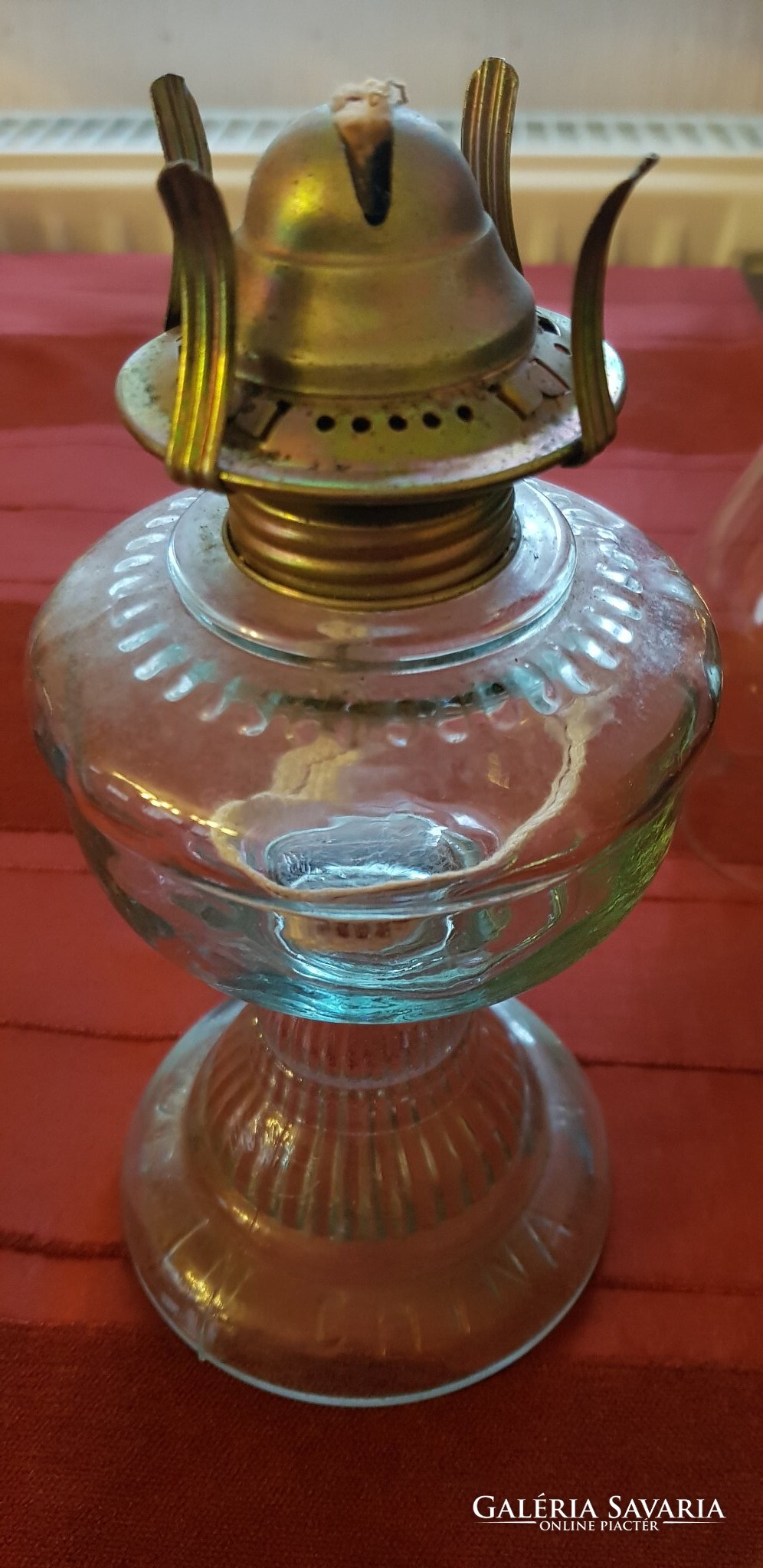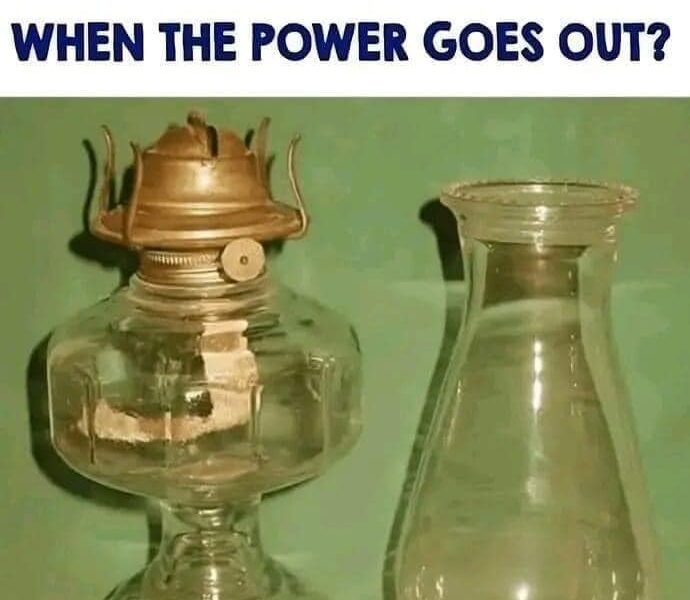The sight of a simple oil lamp, like the one in the image above, instantly stirs memories for many people. These lamps, once an everyday necessity, are now mostly reserved for emergencies. Yet, despite the advancement of modern technology, they retain a special place in the hearts of those who grew up using them.
For those who remember relying on oil lamps when the power went out, the soft glow of the flame was more than just a source of light—it was a comforting reminder of resilience and simplicity. There is something nostalgic about the faint flickering of an oil lamp, illuminating rooms with a warm, golden hue. In a world where instant access to electricity is now taken for granted, these lamps remind us of a time when the world slowed down during power outages, and we connected more deeply with the people around us.
Oil lamps were often called into action during storms, hurricanes, or simply when the electricity grid was unreliable. For those who lived in regions prone to power cuts, these lamps were a lifeline. People would gather in a single room, placing the lamp at the center of the space. Conversations flourished in the flickering light, and even simple activities like reading or storytelling became more intimate. Children would huddle close to their families, feeling safe in the warm, protective glow. The sound of the wind outside contrasted with the peace inside, creating a shared experience that strengthened bonds.
In Florida, a state familiar with hurricanes, the oil lamp remains a symbol of endurance. As people prepared for the unpredictable, it was common to have one of these lamps on hand. When the winds howled and the power lines fell, Floridians would light their lamps and settle in, knowing the storm would eventually pass. Today, as the state faces yet another recovery process following a hurricane, the thought of these oil lamps being used again brings to mind not just survival, but community, shared stories, and resilience.
Modern conveniences like flashlights and backup generators have replaced oil lamps for most people, but they lack the same sense of history and connection. The gentle hiss of the flame, the smell of oil, and the careful adjustment of the wick are all sensory experiences tied to these lamps. They remind us that even in moments of darkness, there can be light—literal and metaphorical. They also remind us that technology may change, but the human need for connection, safety, and warmth does not.
As Florida recovers from yet another hurricane, it’s comforting to think that even in moments of hardship, these small, simple lamps can still bring people together. While today’s generation might not have the same experience with oil lamps, their legacy of providing light and hope during tough times remains strong.
For many, these lamps are not just relics of the past but symbols of strength, patience, and the ability to overcome. So tonight, whether it’s in Florida or elsewhere, if someone lights an oil lamp, they are continuing a tradition of resilience and unity that has spanned generations.









